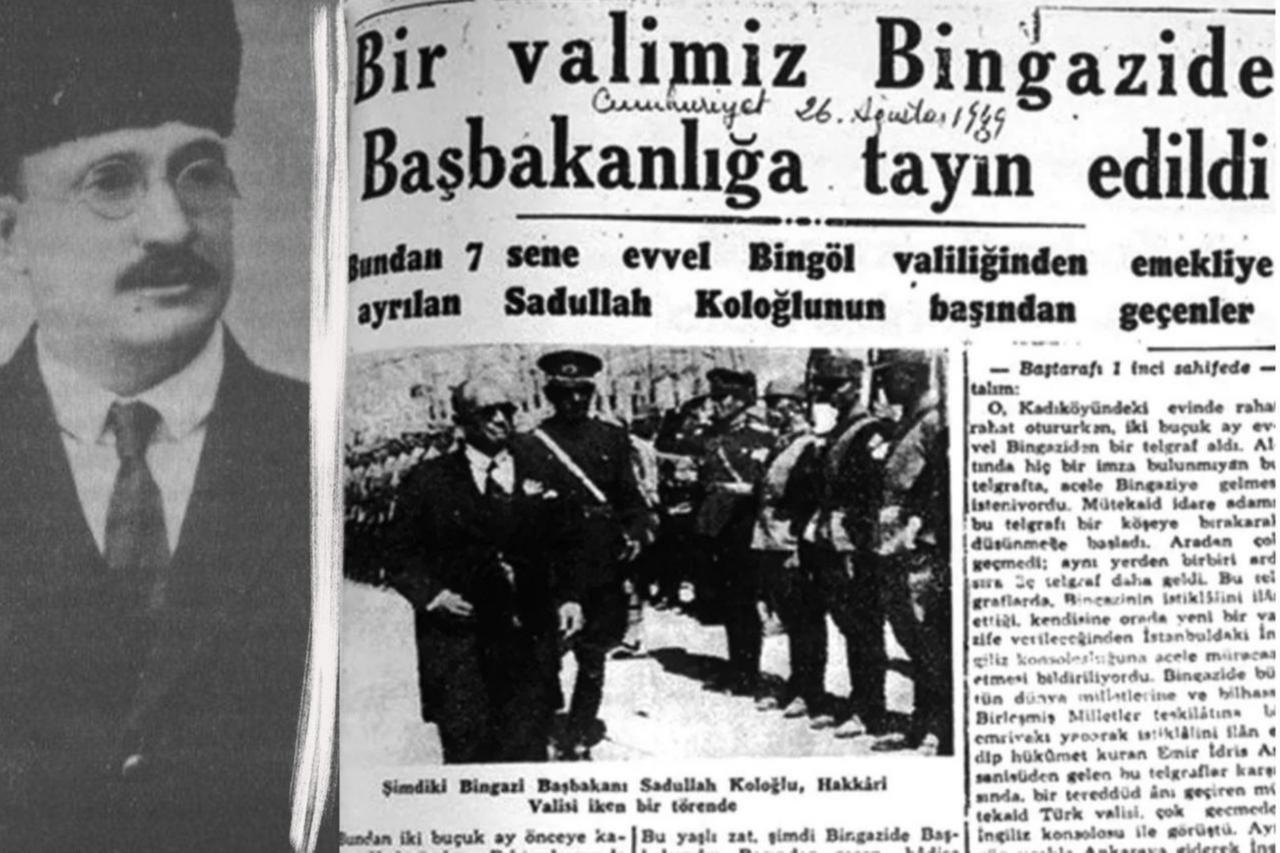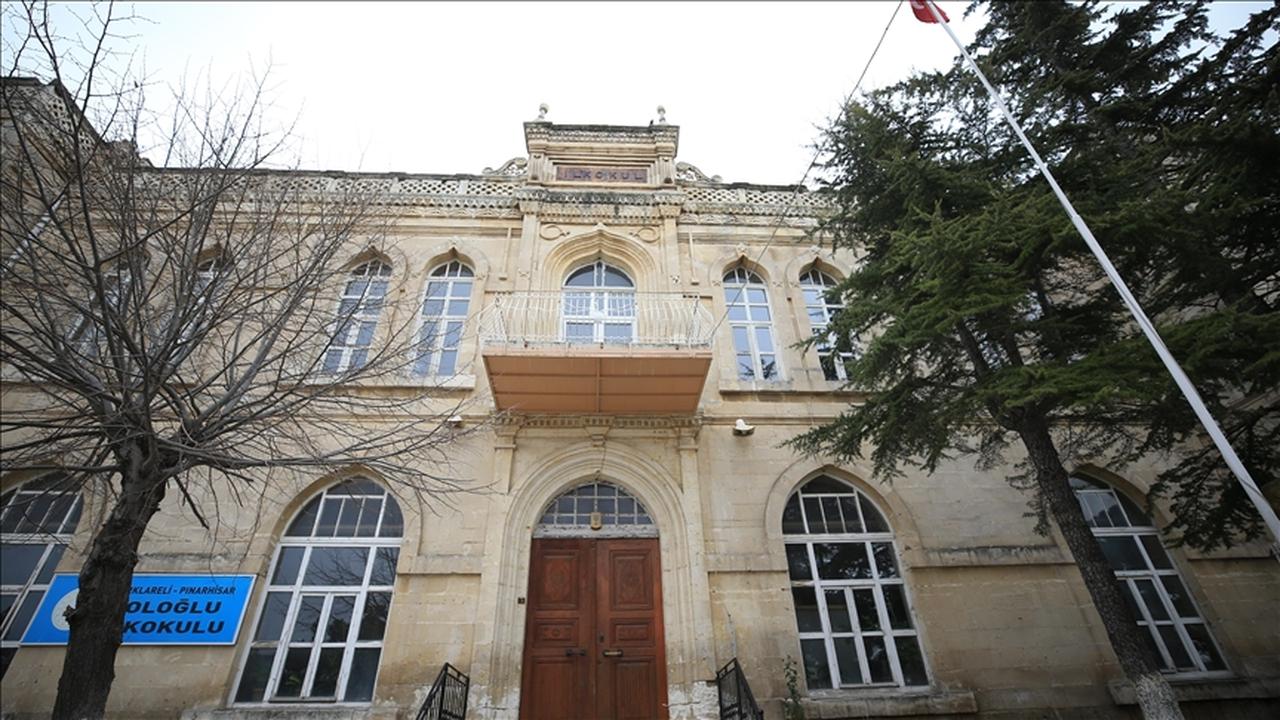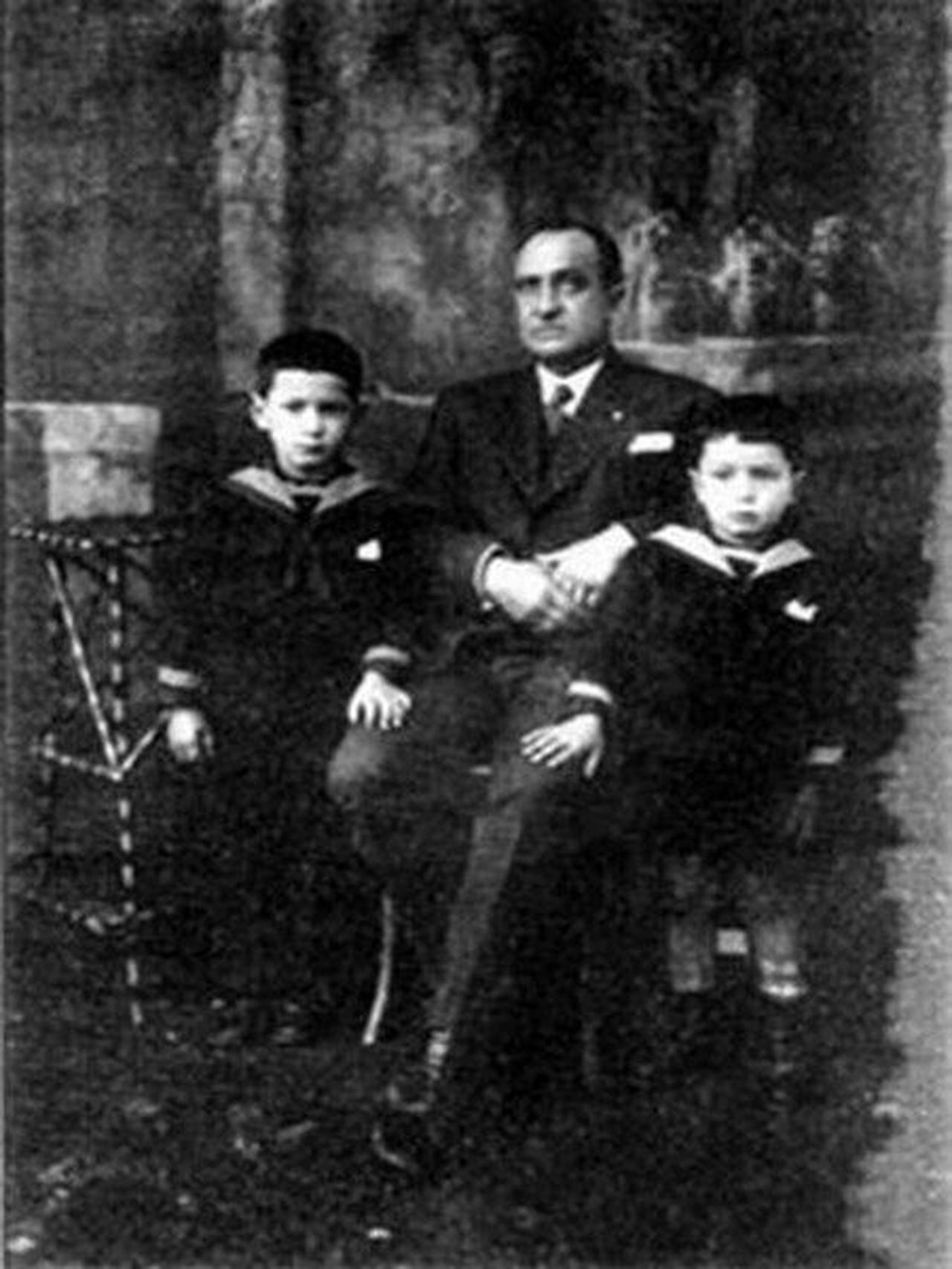
In Libya’s modern history, few figures stand out like Sadullah Kologlu, widely known as “Arap Kaymakam” (the Arab Governor), a Turkish administrator who, in the mid-20th century, connected the country’s Ottoman past with its early years as an independent nation.
Born in 1884 in Derne, Libya, Kologlu came from a family with strong ties to both Turkish and Libyan heritage. Before moving to Libya, he had a long career in Türkiye, serving in various administrative roles, including district governor positions across Anatolia and eventually retiring as the governor of Bingol.
Sadullah Kologlu’s story began long before he entered public office. Born into a family that bridged Turkish and Libyan heritage, he grew up in Derne, Libya, where his great-grandfather, a Janissary from Karaman, had settled. His father, Haci Mebruk Efendi, was a respected oil trader, and his mother, Zeynep Hanim, had fled Crete to find refuge in Benghazi.
Immersed in Ottoman traditions and local politics, and witnessing the pressures of Italian colonial rule, Kologlu developed the insight and discipline that would define his career. He began service in the Ottoman administration as a junior officer in Derne and quickly rose through the ranks, holding positions across Anatolia 'from Buldan and Pinarhisar to Of and Surmene' before governing Hakkari and Bingol.
By the time he retired in 1941, he had earned a reputation for strict, hands-on, and effective governance.

The most defining chapter of Kologlu’s life began in 1949. As Libya moved toward independence after decades under Italian colonial rule, King Idris Senussi faced the formidable task of building a coherent administrative system in a region fragmented by history and geography.
Sadullah Bey was not just a bureaucrat arriving in Libya; he entered a tense political environment. The British, eager to keep Libya within their sphere of influence, attempted to manipulate the population by delaying essential medicines during outbreaks of agricultural and public health crises.

As Libya’s Health Minister, Kologlu confronted British administrators in sharp disputes, defending the local population against deliberate neglect. Frustrated by his tenacity, the British sought to bypass him, negotiating instead with tribal leaders to undermine the emerging Libyan state.
Despite these machinations, King Idris trusted Kologlu. Known in Libya as the “Turkish Prime Minister” and in the Ottoman-Turkish world as the “Arab Kaymakam,” he was appointed as Libya’s first Prime Minister. While another Libyan had briefly held the title prior, it was Sadullah Bey’s tenure that solidified the office and gave substance to the young nation’s executive authority.
He successfully countered British interference, strengthened administrative cohesion and laid the foundations of governance that balanced both tradition and modernization.